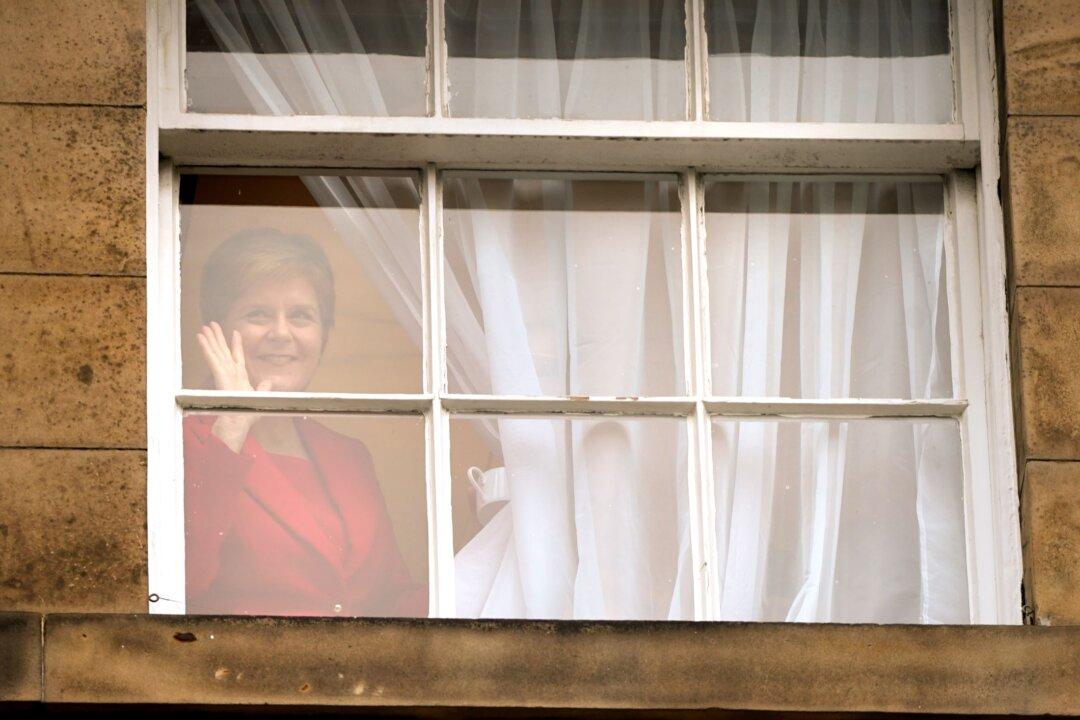The Scottish National Party (SNP) has begun the search for a new leader to replace Nicola Sturgeon, who shocked the political establishment on Wednesday when she suddenly resigned as Scotland’s First Minister.
While there is no obvious candidate to succeed her, potential candidates include Scotland’s Finance Secretary, Kate Forbes; External Affairs Secretary, Angus Robertson; Health Secretary, Humza Yousaf; and Deputy First Minister, John Swinney.





